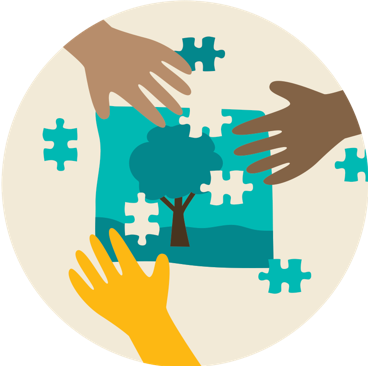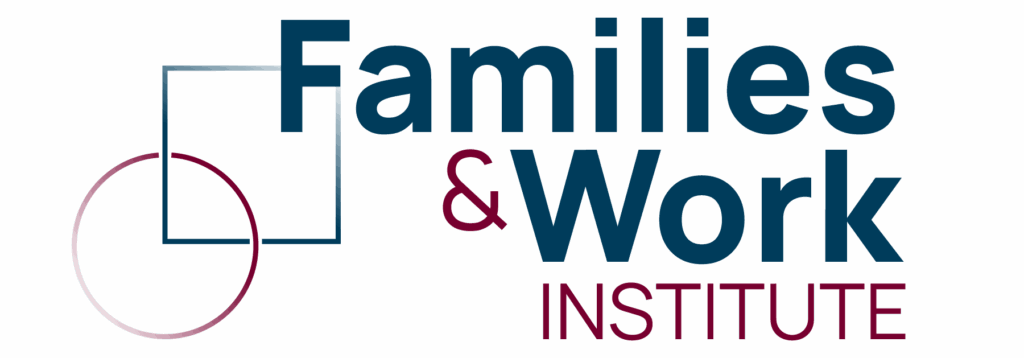Discover the skills that every child needs.
This Life Skill is the ongoing search for valid and reliable knowledge to guide beliefs, decisions and actions. Critical Thinking involves executive function skills, including using what you know to search for information (working memory); seeing information in new ways as you seek to deepen your understanding (cognitive flexibility); and not going on automatic and reverting to outdated information but using the information you have obtained (inhibitory control).
Critical Thinking is essential in making sense of the world and being a problem solver. It follows a developmental path, emerging in children over time, but its use must be promoted.
Here are some research-based ways to help improve children’s Critical Thinking:
Use a problem-solving process to help children with everyday problems (such as a fight among friends):

When children ask a question in which they could figure out the answer, don’t answer right away. Help them pursue the answer for themselves to spark their curiosity and critical thinking.
Say “I wonder how we can find out the answer to that question?” and see if children have ideas.
If they don’t have ideas, guide them by asking questions, setting up an experiment, looking in a book or on the Internet together.
Ask them to evaluate their answers rather than telling them something is right or wrong. Come up with answers together!
“Critical thinking is the ability to step back and look at what you’re doing, to look at the dimensions of the task, and to evaluate”
Frank Keil
Yale University
These free, downloadable resources offer tips for building the Seven Essential Life Skills based on classic and diverse children’s books that promote the skills. Designed for three age groups, infants and toddlers, preschoolers, and school-age, Book Tips are available in English and Spanish.
Picky Eating, Bedtime Fears, Meltdowns, Constant Crying, Sibling Rivalry! We’ve researched the questions families and teachers most frequently ask and created short free guides, available in English and Spanish, for professionals and families to help turn common behavioral issues into opportunities to promote critical life skills in children.


Your support will allow us to continue to deliver our high-quality research, publications, and services to you. Families and Work Institute is registered as a 503(c)(3) non profit organization
EIN 13-3560042.
To provide a Corporate Gift or have Donation questions – Please email donate@familiesandwork.org